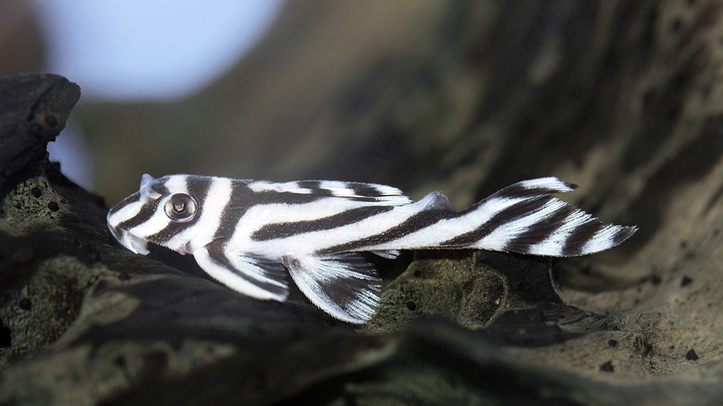Ornamental and tropical fish trade association OATA has said more data is required before the trade commits to tighter restrictions on the international movement of certain species of fish.
The association been making its views heard at the Convention on International Trade in Endangered Species of Wild Fauna and Flora (CITES) Conference of the Parties, taking place in Panama this week, where OATA joined other global pet trade representatives including the European Pet Organization (EPO) and Ornamental Fish International (OFI) in discussing ways to ensure a sustainable trade in wildlife.
Among several items affecting the global ornamental fish trade were proposals from Brazil to move zebra pleco (Hypancistrus zebra) from Appendix III to Appendix I – the highest level of restriction within the CITES classification of species threatened by international trade – and to put a number of freshwater stingray (Potamotrygon) onto Appendix II.
The proposals were not backed by OATA, citing a lack of evidence. Wild caught plecos are already banned by Brazil with legal trade currently only in captive-reared fish, while captive breeding adequately meets demand for plecos in the trade and also funds conservation of wild populations in Brazil, it pointed out.
Similarly, trade in freshwater stingrays is mostly in captive reared fish rather than wild caught. Given the lack of clear evidence of population declines, OATA would support more research into gathering better population data before any decision is made for listing, it suggested.
OATA Chief Executive Dominic Whitmee said: “CITES is about managing the sustainable trade in wildlife, and its decisions should be based on robust data. It is clear these proposals do not have enough evidence behind them and that is also the position taken by the expert panel of the United Nations Food & Agriculture Organization (FAO), a well-respected independent Intergovernmental Organisation.”
Representatives also expressed disappointment no details on an earlier proposal by CITES to examine the trade in marine ornamental fish have yet been published, although there is still an expectation that a workshop to discuss the conservation of and trade in marine ornamental fishes will be held.
Whitmee added: “We also remain concerned about the progress of the marine ornamental fish proposal. Our aim is always to ensure decisions are made on the best data and science for the benefit of people and the planet and we will continue to press for clarity and transparency about how this project will progress.
“We, along with OFI, will continue to offer our support to all that is planned for this proposal because it could have very far-reaching consequences for our industry.”



